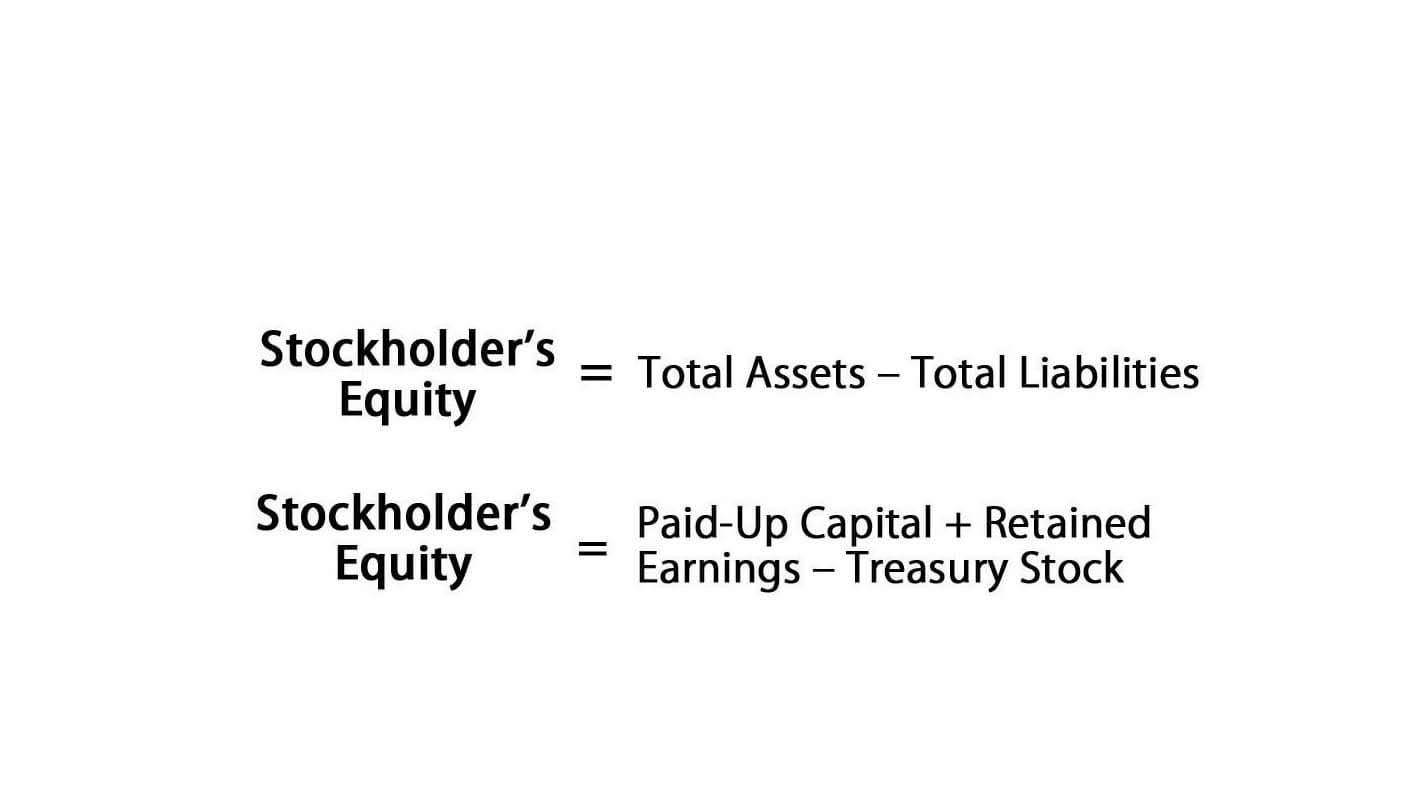Bookkeeping Tips for Doctors and Healthcare Practices

The ever-changing landscape of healthcare policies and insurance plans requires practices to be flexible and responsive. This involves staying informed about policy changes, understanding how they impact billing and reimbursement, and adjusting accounting practices accordingly. The variability in insurance plans also necessitates a thorough understanding of different coverage policies to ensure accurate billing.
- Keep a close eye on essential items such as medical supplies, instruments, vaccines, and medications, setting re-order points to prevent shortages that could affect patient care.
- Payroll management is a significant component of medical accounting, involving the processing of salaries, wages, benefits, and taxes for employees.
- Hiring a fractional CFO allows startups to access high-level financial expertise without the cost of a full-time executive.
- Integrating advanced technology solutions like EHRs and accounting software can streamline accounting processes but also introduces challenges in maintaining data security.
Evaluate the revenue cycle

As a healthcare professional, your main job is to care for your patients. But, handling your practice’s finances can take up a lot of time and be complicated. Outsourcing bookkeeping can make your financial tasks easier, so you can focus more on your patients. If you’re running your own medical practice, your goal is to keep your practice as profitable and effective as possible. This means you’ll need accurate financial records to guide you along medical practice accounting the way. Without effective medical practice bookkeeping, spending can spiral out of control, causing cash flow problems to cripple your operations.
Technology

However, financial statements don’t reflect some important elements that contribute to a business’s financial position. The cash flow statement also shows how much liquidity your medical retained earnings practice has. Liquidity refers to your practice’s ability to settle its short-term liabilities on time and without difficulty.
- In medical practice bookkeeping, it’s crucial to avoid blending personal finances with your business’s.
- Regular Profit & Loss statements help you see how your practice is doing financially.
- The documentation needed for audits, investigations, and legal matters is also important for bookkeeping.
- Book a demo today to see what running your business is like with Bench.
Examine Office Staffing Needs:
- The cash basis accounting method is similar to the accrual accounting method, only receivables and billables are logged upon payment, not receival.
- Prolonged delays in receivables can significantly affect the practice’s liquidity and ability to cover operational expenses.
- While this is less expensive than hiring a CPA firm, it often costs more in the long term.
- When you went to medical school, accounting probably wasn’t part of the curriculum.
- Accurate and organized bookkeeping essential for doctors and medical professionals to maintain the financial health of their practices while ensuring the compliance with regulatory requirements.
- There are also processes you can put into place that will help you get paid faster.
- Our HIPAA-compliant platform seamlessly integrates with your practice management software for bi-directional syncing.
It assures compliance with healthcare-specific tax laws, offers insight into the practice’s financial health, and facilitates efficient financial planning and budgeting. A realistic budget can be created using the data and insights provided by bookkeeping. Medical professionals can identify areas that require cost- or revenue-cutting initiatives by measuring revenues and expenses. In any industry, navigating the complicated world of taxes is difficult, but health care has particularly complex tax laws and regulations. To maintain compliance with tax regulations that Partnership Accounting apply specifically to medical operations, accurate bookkeeping for doctors is necessary.

Bookkeeping & Accounting Automation

Making and keeping a budget becomes difficult without proper bookkeeping. The procedure of filing taxes is greatly simplified when financial documents are kept up to date and supported by thorough bookkeeping. It enables healthcare workers to make the most of their tax deductions, lower their tax obligations, and lessen their chances of later dealing with tax-related problems. Essentially, bookkeeping is a proactive move toward financial compliance and peace of mind for medical professionals. Carefully track accounts payable – bills the practice owes – and accounts receivable – revenue owed to the practice.

